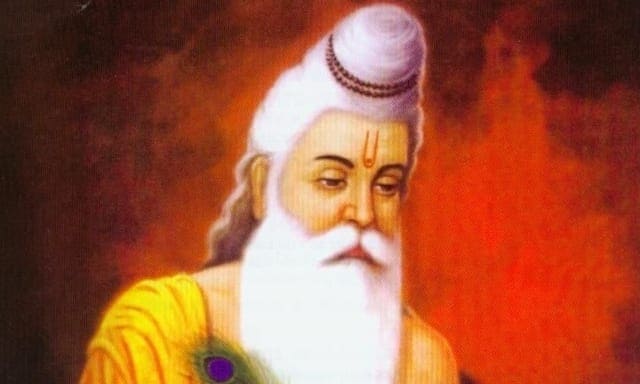THE TOPIC OF KARMA
In the previous chapter, beginning at verse 55, Lord Krishna pointed out that a wise person, a sthitaprajna , is one who gives up all desires, being happy with oneself in oneself. This is the ultimate human end and is what is meant by moksha, liberation or freedom. Giving up desires implies giving up all activities also. An activity is pursued because there is a desire to accomplish a given end. If there is no desire to accomplish a given end, there is no pursuit.
Arjuna wanted sreyas, liberation, and understood that in order to gain it, knowledge alone was required and karma was of no use. Krishna explained all this when Arjuna asked him to describe a sthitaprajna. Before that, krishna talked about the nature of the atma being free from any limitation. Then he asked Arjuna to listen to what he had to say about karma-yoga; he said, yoge tu imam srnu (Gita – 2-39).
During this discussion, Krishna asked Arjuna to perform action, remaining rooted in karma-yoga — yogasthah kuru karami (Gita – 2-48). This mandate confused Arjuna. ‘Should I continue to do karma or should I pursue knowledge?’ he wondered. ‘If I pursue knowledge, I will definitely gain moksha , whereas if I perform karma, I will be bound by karma-phala. Even karma-yoga is not adequate for moksha . How then am I to gain moksa if I perform action?’

